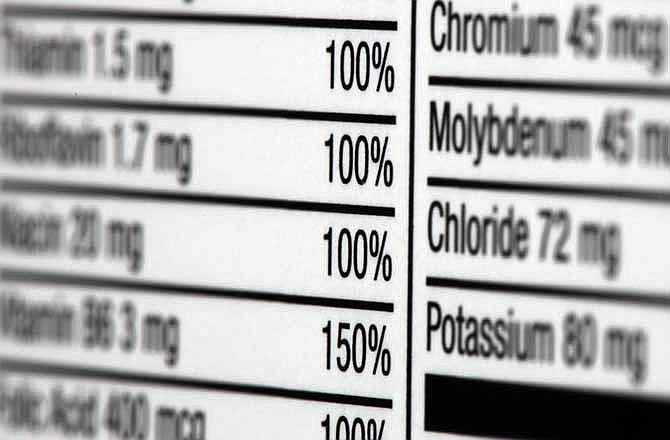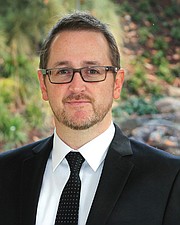It is impossible to count the number of times I have been asked about the newest cleanse or detoxification (detox) diet. These trendy diets promote following a strict regimen of idealized foods, often in the form of smoothies, teas or other beverage concoctions. Some also sell supplements. The fact is your body has multiple organs and organ systems that rid your body of toxins and other potentially harmful substances. Let's take a closer look.
The first line of defense is your skin. Did you know your skin is the body's largest organ? It provides a one-way barrier against germs, dirt, heavy metals and other toxins.
The respiratory system includes multiple lines of defense. Fine hairs inside your nose trap dirt and other particles that could be inhaled. Whatever makes it past these hairs and into your lungs is trapped in mucus. This mucus is then removed by the movement of the fine hairs in your respiratory system. Sneezing and coughing also remove microbes (bacteria, viruses, fungi and other parasites).
The immune system is a vast, comprehensive network of cells and molecules that work together to recognize potentially dangerous substances. Once these substances are identified, the immune system removes them from the body. For example, salivary and tear glands secrete liquids that contain antimicrobial chemicals. If microbes are caught in these liquids, the antimicrobial chemicals kill them.
Another part of the body that secretes antimicrobial chemicals is the gastrointestinal system. The GI system secretes mucus that contains antimicrobial chemicals. Plus, mucus is sticky. Germs and other substances find it difficult or impossible to get through the mucus barrier and enter the blood. The mucus is then swept out through normal movement of fluids and substances through the GI system. Alternatively, the immune system can send cells to attack and remove foreign invaders. Another way the GI system protects you is by the acidic environment of the stomach. Specialized cells in the stomach secrete acid, which kills many microbes.
The liver is the body's primary filter. Part of the liver's filtration process is identifying and neutralizing heavy metals, then excreting them via bile. The liver also makes proteins and secretes cytokines that are part of the body's immune system. The liver is responsible for the metabolism of most things we ingest as well.
The kidneys are often the last stop for toxins and waste products on the way out of the body. Their complex structure allows them to filter blood, and they have built-in sensors to tell them how much to remove of certain substances, such as sodium, potassium and phosphorus. They also remove foreign chemicals and excrete them in the urine.
As you can see, there is no need to spend hard-earned money on expensive pills or pricey specialty foods. Your body has excellent and complex systems to remove toxins and waste products.
Harvard Women's Healthy Watch's May 2008 article from the Harvard Medical School, "The dubious practice of detox," and Eric Widmaier, Hershel Raff and Kevin T. Strang's book, "Vander's Human Physiology," were referenced in this article.
Lynn Eaton R.D., L.D., CDE is a Registered Dietitian and Certified Diabetes Educator. She works at Capital Region Medical Center as an inpatient and critical care dietitian.


